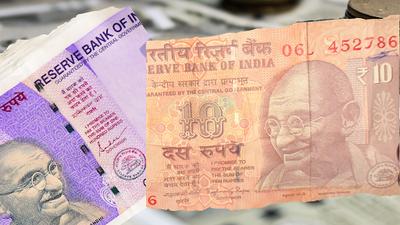Understanding RBI's Currency Exchange Guidelines
Accidentally tearing or damaging currency notes is a common issue, but the Reserve Bank of India (RBI) has established clear rules to ensure you don't suffer a financial loss. These guidelines cover the exchange of soiled, mutilated, or severely damaged notes, applicable at all authorized bank branches.
Types of Damaged Notes
Soiled Notes: These are dirty, discolored, or have minor tears. They can be exchanged at any bank branch, regardless of whether you hold an account there.
Mutilated Notes: Notes that are torn, missing portions, or severely damaged but still display essential security features fall under this category. They must be presented at designated branches for evaluation under RBI’s Note Refund Rules.
Severely Damaged Notes: Currency that's burnt, stuck together, or almost entirely destroyed requires submission to RBI’s Issue Offices for expert assessment.
Exchange Procedures
All commercial bank branches are required to accept soiled and mutilated notes from the public, with or without an account. The bank staff will assess the note's condition and process replacements based on RBI protocols.
Key Tips for the Public
Avoid using tape or staples on damaged notes. Present them in their original condition for smoother processing. Remember, banks are obligated to accept notes that meet RBI's exchange criteria.










Comments